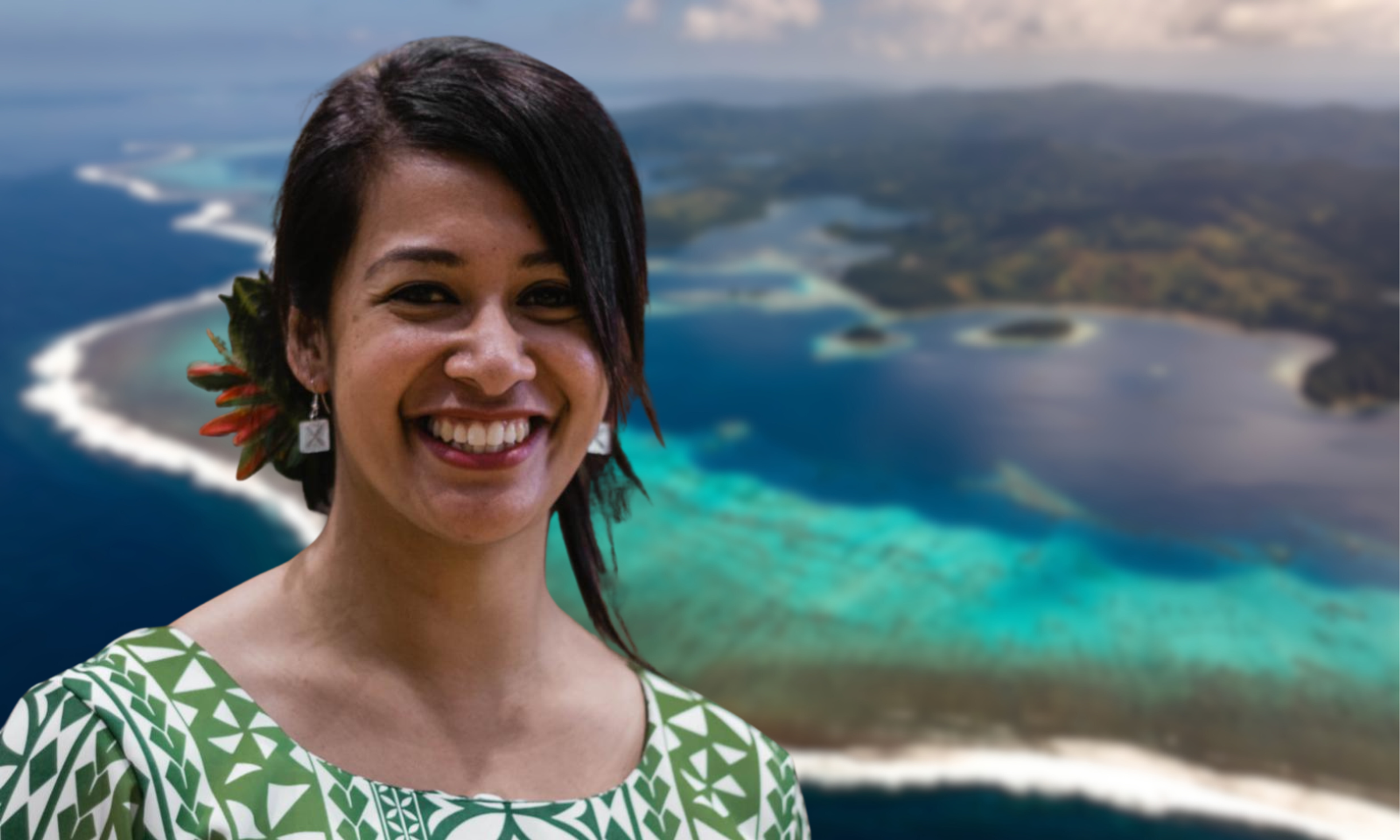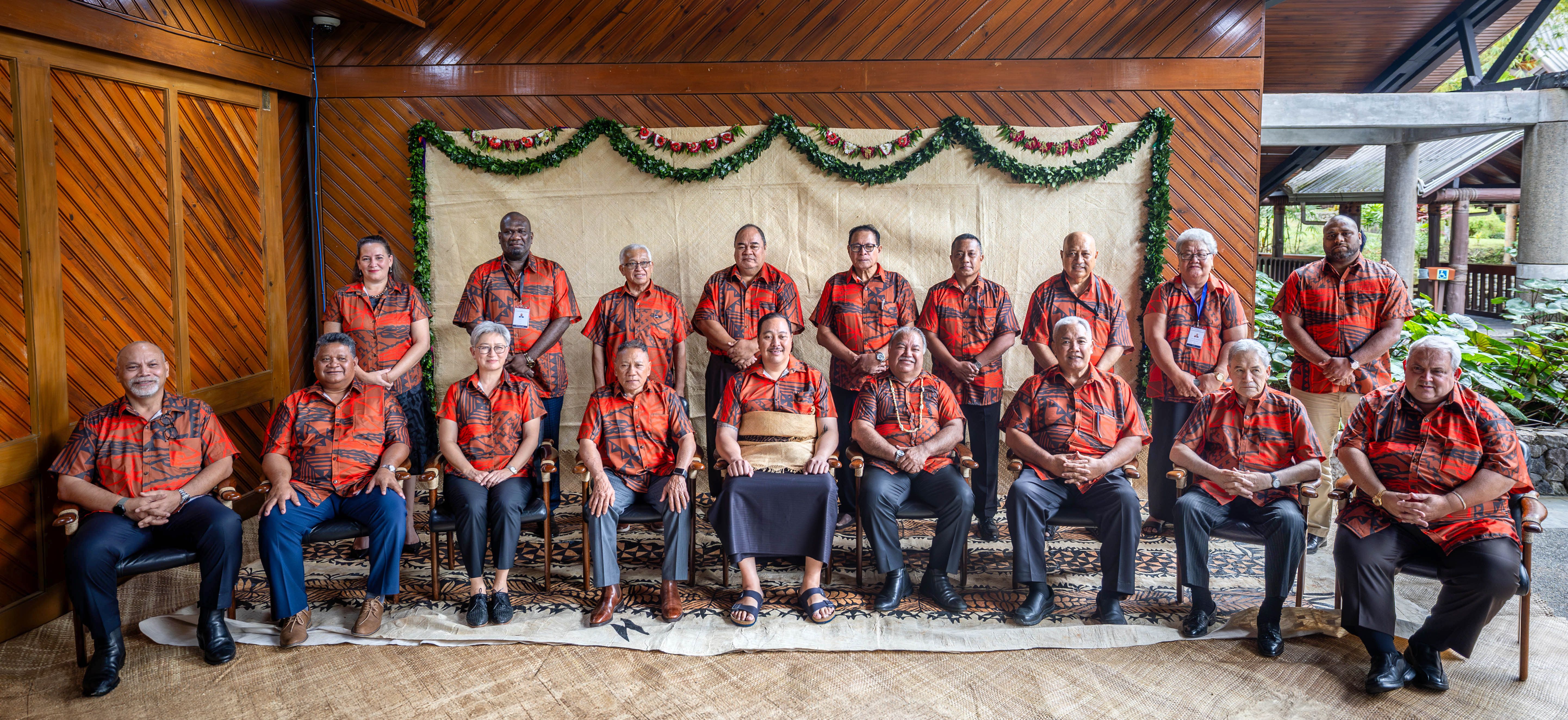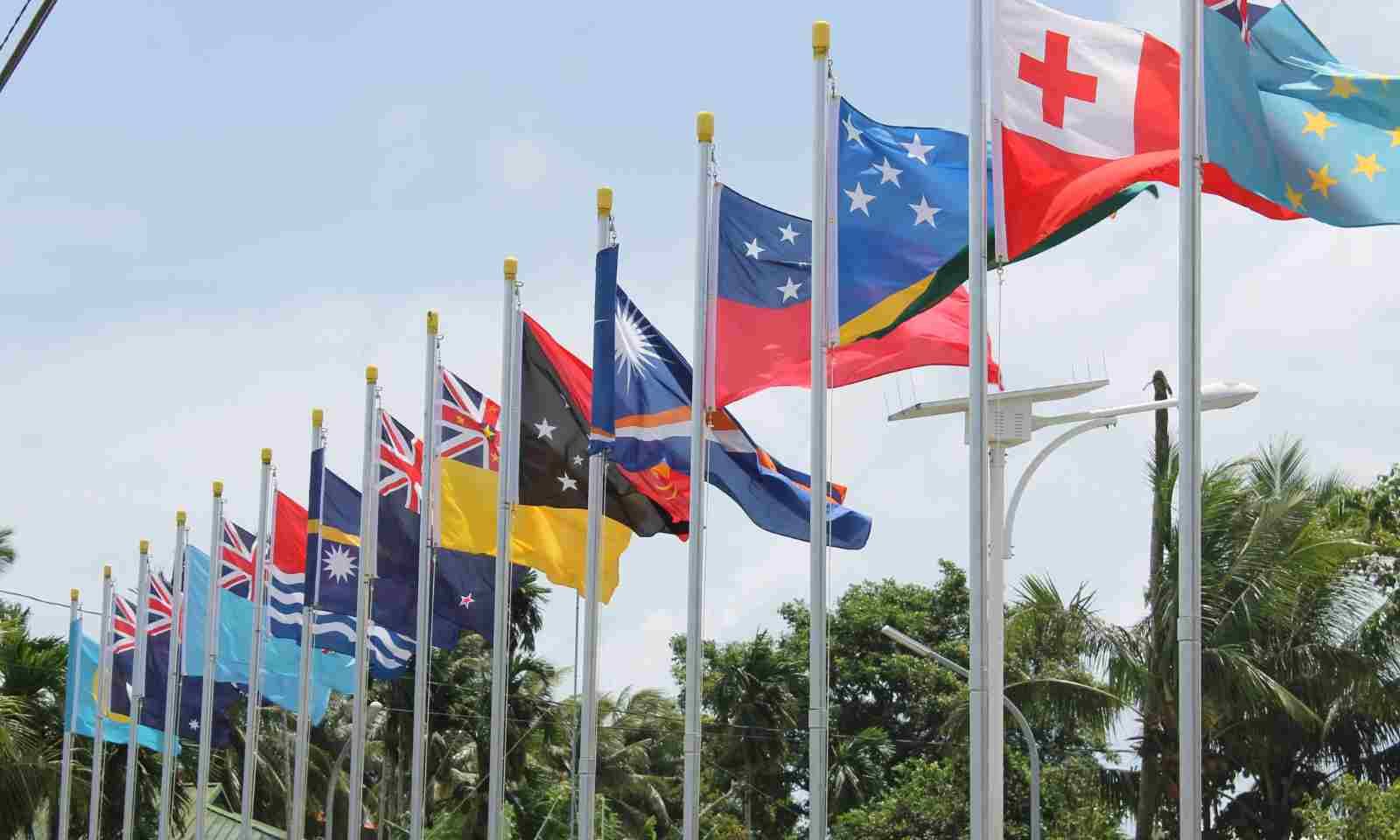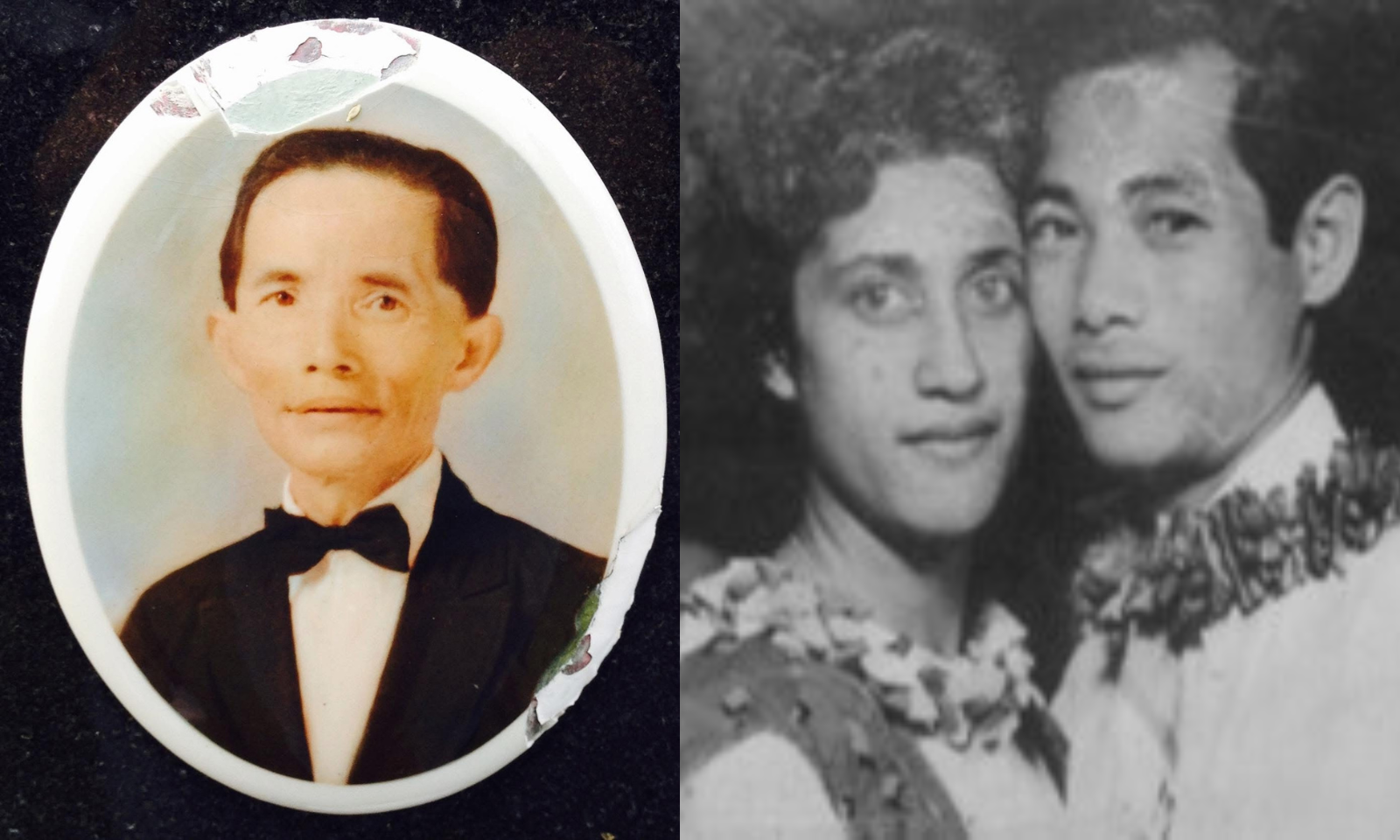

Dr Ashalyna Noa describes the upcoming challenges for Pacific leaders at this year's PIF Leaders' Summit.
Photo/University of Canterbury/File
Pacific at a crossroads: Island nations navigate foreign aid relief amid geopolitical tensions
As leaders gather for the Pacific Islands Forum in Honiara, Dr Ashalyna Noa says they need to weigh the costs and benefits of engagement with other countries.


Moana Pasifika end Lautoka curse to win 'Battle of the Pacific'


A.R.T sets new Pacific music pace with ‘First Thursday’ releases


Moana Pasifika end Lautoka curse to win 'Battle of the Pacific'


A.R.T sets new Pacific music pace with ‘First Thursday’ releases
A Sāmoan academic of Chinese descent says Pacific countries must remain “conscious and cautious” of all foreign donors, including New Zealand, Australia, the United States, and China.
This comes as leaders of the Pacific Islands Forum (PIF) member states gather in Honiara, Solomon Islands, this week to address key issues such as climate change, regional security, and the geopolitical tensions among major powers.
Dr Ashalyna Noa, a lecturer at the University of Canterbury, analyses how New Zealand and China provide foreign aid in the Pacific, and how stakeholders in Sāmoa perceive the similarities and differences between these nations.
In an interview with William Terite on Pacific Mornings, Noa says the exclusion of dialogue partners, such as China and Taiwan, raises important questions.
“We’ve already seen a number of mixed responses to this decision, like the French ambassador cancelling flights and accommodation - it’s a missed opportunity.
“What does the exclusion of dialogue partners actually mean in practice? There seems to be ambiguity in how it might play out.”
Listen to the full interview with Dr Ashalyna Noa below.
Noa believed that there should be a space for Pacific countries to share their issues and aspirations as they navigate diverse challenges in the region.
She questioned the prevailing assumption that dialogue partners should be involved in these discussions, asking, “Should they? It’s a good question.”
The Solomon Islands has taken the unusual step of excluding the Forum’s 21 dialogue partners after disputes at last year’s summit in Tonga.

The 2025 Forum Foreign Ministers Meeting was held in August in Suva, Fiji. Photo/Pacific Islands Forum Secretariat
Australia faces mounting criticism for expanding fossil fuel initiatives while seeking support from Pacific nations for its COP31 hosting bid.
Vishal Prasad, Campaign Director for Pacific Islands Students Fighting Climate Change, expects the International Court of Justice’s ruling on climate change to be a major discussion point, as it may hold fossil fuel exporters accountable.
“It makes clear that the entire fossil fuel life cycle is unlawful, and that there are pathways to enforce this,” Prasad says in a statement.
“The Pacific Islands Forum is a chance for every country, including Australia, to fulfil their obligations and embrace the fossil-free future demanded under international law.”
In an earlier interview, Foreign Minister Vaovasamanaia Winston Peters disagreed with the ban on external partners, blaming it on pressure from Beijing, and advising leaders to be “very careful how you treat friends”.
“It's been outside influence and pressure on the Solomon Islands not to invite certain countries, and as a consequence, no countries are being invited,” Peters says.

The Pacific Islands Forum Leaders Summit is held every year, with leaders from across the region. Photo/File
Aid makes a difference
Noa says Pacific communities experience the impact of foreign aid in their daily lives through improvements in infrastructure and education.
“A new school building in villages or communities, a new government building, fixing up a road, access to clean water, a new solar panel, access to health,” she says. “But it's also things like training sessions, leadership training, funding for school programmes.”
Noa says the portrayal of China as a “bad guy” in international media does not capture the full picture. Aid can manifest in multiple forms, including scholarships, business investment, and donations like vehicles for the Pacific Islands Forum, but it often comes with expectations.
“Aid can be seen as a blessing but also has strings attached … there are grants, where countries don’t need to pay them back, and loans, which could include interest,” she says.
“There are positives like opportunities and infrastructure projects, but some of the money goes back to donor countries through consultants, overseas study, or workers, and often their involvement goes beyond the grant.”
Noa sees aid as a tool wielded by donor countries to increase their influence in recipient countries. ”When you receive funding or gifts, you tend to view them positively.”

Noa's great-grandfather (left), Cheung Fuk (Ah Fook) set up businesses in Sāmoa. His son, James (right), married Selma Ripley (centre). Photo/Supplied
Her research carries personal significance and is shaped by her family history.
“A couple of my great-grandfathers journeyed to Sāmoa from southern China. They arrived in Sāmoa and set up businesses prior to the arrival of thousands of Chinese who came to work in the plantations in Sāmoa under the German and New Zealand administrations.”
Noa says Pacific nations must navigate their relationships with all foreign donors carefully. While China may spend relatively little in the region, Australia and New Zealand direct most of their aid budgets to the Pacific.
“Pacific countries should be conscious and cautious of their engagement with all donors in the Pacific, regardless of if it's New Zealand, China, Australia, the US, or other aid donors … weighing up the costs and the benefits of these different engagements.
“Pacific countries have shown in the past how they've skilfully navigated relationships with donors, filling gaps in their own national development agendas, and aid donors are diverse in the priorities and sectors that they focus on as well.
Noa highlights the importance of young leaders in the Pacific. “We see Pacific people and Pacific young people as active agents of change in society, and that they have the power to create positive change for our community and in our community.”